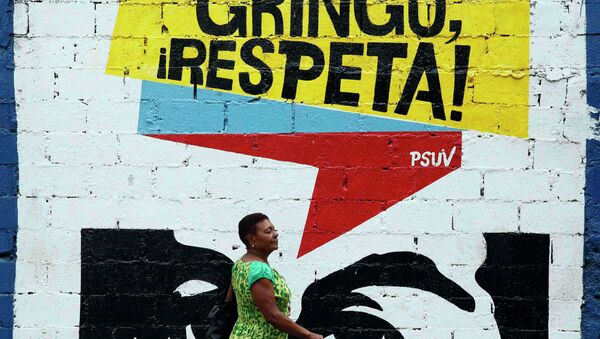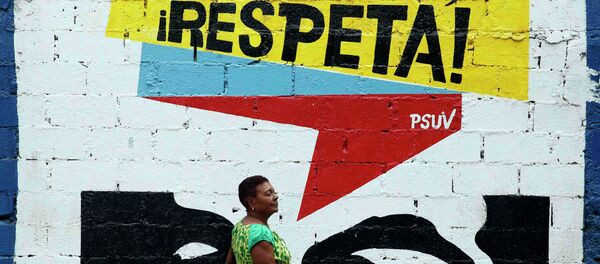According to American scholar James Petras, a retired Bartle Professor Emeritus of Sociology at Binghamton University in Binghamton, Washington is trying to increase its influence in Latin American countries, while negotiations between the United States and Cuba "are merely one part of a two-track policy."
"Washington's pursuit of a 'two-track policy', based on combining 'reformist policies' toward some political formations, while working to overthrow other regimes and movements with force and military intervention, was practiced by the early Kennedy Administration following the Cuban revolution," the professor noted.
However, during the past 15 years Washington has evidently failed to prevent the emergence of an "anti-imperialist" movement in Latin America, losing the "battle" to center-left governments in Venezuela, Argentina, Ecuador, Bolivia, Brazil, Uruguay, Paraguay, Honduras and Nicaragua.
As a result the United States not only lost "its automatic majority in the Organization of American States (OAS), but it became a distinct minority," according to the professor. Furthermore, Washington's longstanding sanctions policy against Havana have proved completely inefficient.
"Washington had woken up to the fact that its bellicose policy toward Cuba had been universally rejected and had left the US isolated from Latin America," Professor James Petras stressed.
However, the "opening to Cuba" is in fact part of wider strategy of a new "political intervention" in Latin America, the professor underscored.
"These changes within Latin America provide an 'opening' for Washington to pursue a 'dual track' policy: On the one hand Washington is increasing political and economic pressure and intensifying its propaganda campaign against 'state interventionist' policies and regimes in the immediate period. On the other hand, the Pentagon is intensifying and escalating its presence in Central America and its immediate vicinity," the professor elaborated.
According to the scholar, the point is that by "opening" to Cuba, Washington has clearly signaled that it is planning to deepen its involvement in Latin America's affairs, purportedly to restore its "client" regimes in South America.
However, the professor expressed its doubts that the White House will succeed in implementing its "two-track" strategy in Latin America. On the one hand, the United State lacks the necessary resources to develop "productive activity" in the region. On the other hand, Latin American states have already realized that military coups and free markets are not the best recipe for economic prosperity or political sovereignty.
"Financial and extractive imperialism is a politico-economic cocktail for detonating social revolution on a continent-wide basis – far beyond the capacity of the US marines to prevent or suppress," Professor James Petras concluded.





